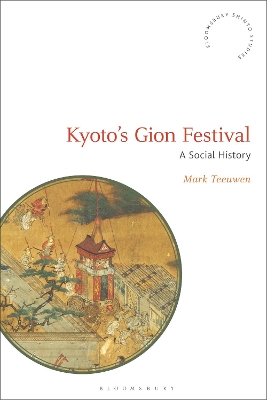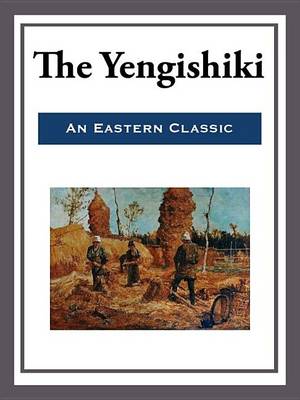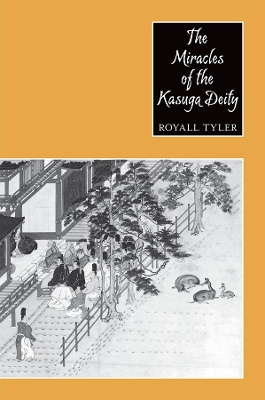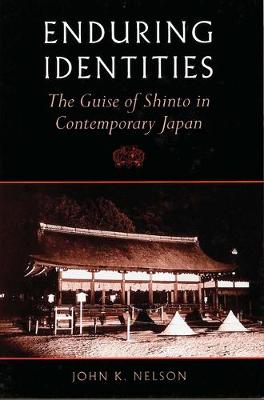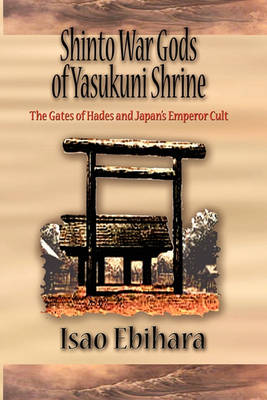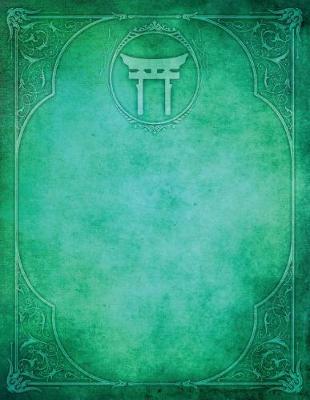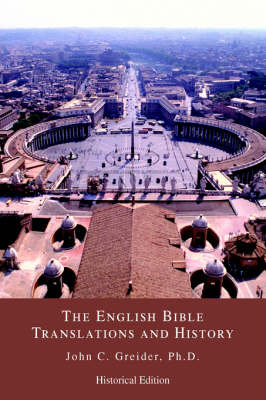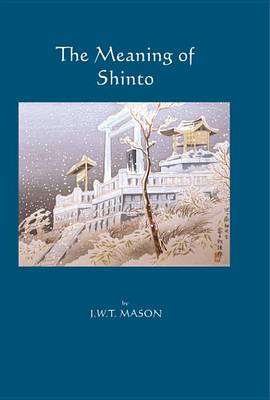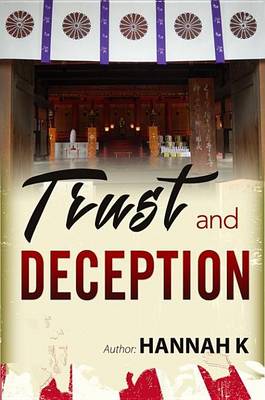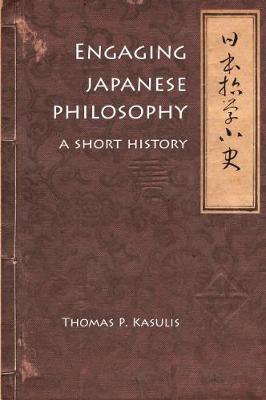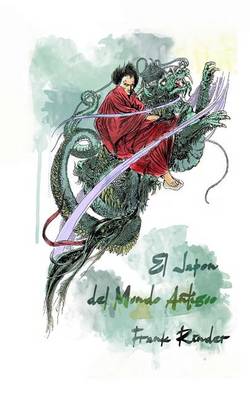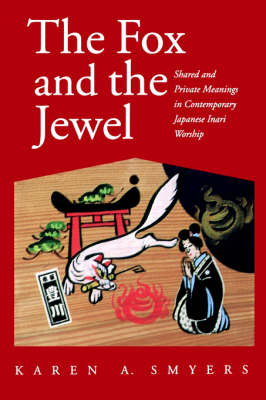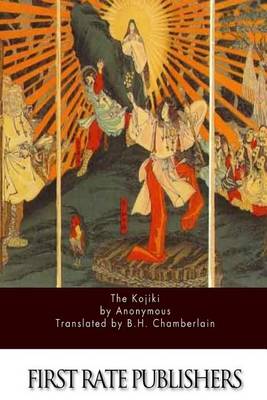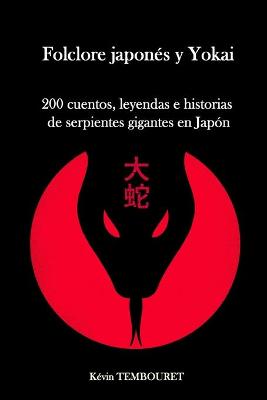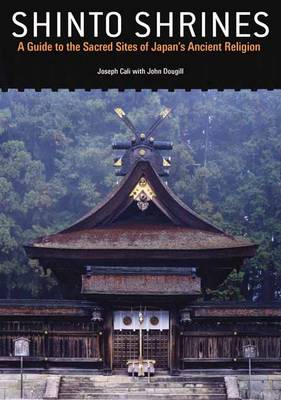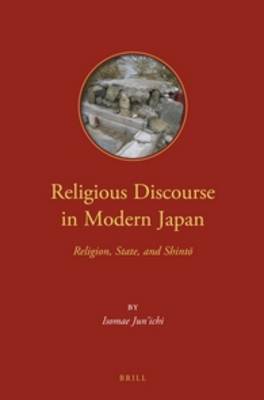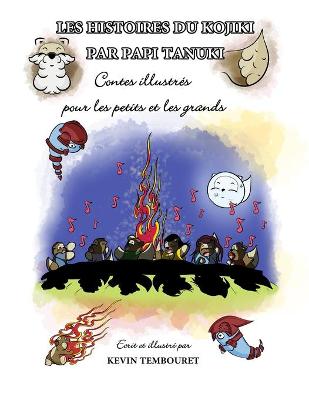This book focuses on the long history of what is arguably the most prestigious and influential festival in Japan – Kyoto’s Gion festival. The book explores this history from the festival’s origins in the late 10th century to the 21st century, drawing on Japanese historical studies and archival materials as well as the author's participant observation fieldwork. Whilst research to date has focused on Shinto ideas and rituals, Kyotos' Gion Festival is the first to focus on this famous Shrine fes...
Shinto ("the way of the gods") is the indigenous faith of the Japanese people and as old as Japan herself. It remains Japan's major religion besides Buddhism. "Shinto gods" are called kami. They are sacred spirits which take the form of things and concepts important to life, such as wind, rain, mountains, trees, rivers and fertility. Humans become kami after they die and are revered by their families as ancestral kami. The kami of extraordinary people are even enshrined at some shrines. The Sun...
The Miracles of the Kasuga Deity (Records of Civilization Sources & Study S.)
by Royall Tyler
In this annotated translation and study of an early fourteenth-century Japanese devotional picture scroll set, Royall Tyler illuminates the complex relationships between medieval Japanese religion and politics, text, and art. The Kasuga Gongen genki ("The Miracles of the Kasuga Deity") mingles text and painting on silk to tell the tale of miraculous events at the Kasuga shrine in Nara, a site favored by the dominant Fujiwara clan for centuries. The work's values are aristocratic, but the text sh...
Historical Dictionary of Shinto (Historical Dictionaries of Religions, Philosophies, and Move, #38)
by Stuart D. B. Picken
Monogram Shinto Blank Sketchbook (Monogram Elegance 150 Sketch, #47)
by N D Author Services
Engaging Japanese Philosophy (Nanzan Library of Asian Religion and Culture)
by Thomas P. Kasulis
Philosophy challenges our assumptions-especially when it comes to us from another culture. In exploring Japanese philosophy, a dependable guide is essential. The present volume, written by a renowned authority on the subject, offers readers a historical survey of Japanese thought that is both comprehensive and comprehensible. Adhering to the Japanese philosophical tradition of highlighting engagement over detachment, Thomas Kasulis invites us to think with, as well as about, the Japanese master...
The deity Inari has been worshipped in Japan since at least the early eighth century and today is a revered presence in such varied venues as Shinto shrines, Buddhist temples, factories, theaters, private households, restaurants, beauty shops, and rice fields. Although at first glance and to its many devotees Inari worship may seem to be a unified phenomenon, it is in fact exceedingly multiple, noncodified, and noncentralized. No single regulating institution, dogma, scripture, or myth centers t...
Shinto Shrines: A Guide To The Sacred Sites Of Japan's Ancient Religion
by Joseph Cali and John Dougill
The Living Way (Sacred Literature Trust)
by Isshi Kohmoto and Tadaaki Kurozumi
Religious Discourse in Modern Japan (Dynamics in the History of Religions, #6)
by Jun'ichi Isomae
Religious Discourse in Modern Japan explores the introduction of the Western concept of "religion" to Japan in the modern era, and the emergence of discourse on Shinto, philosophy, and Buddhism. Taking Anesaki's founding of religious studies (shukyogaku) at Tokyo Imperial University as a pivot, Isomae examines the evolution of this academic discipline in the changing context of social conditions from the Meiji era through the present. Special attention is given to the development of Shinto studi...

